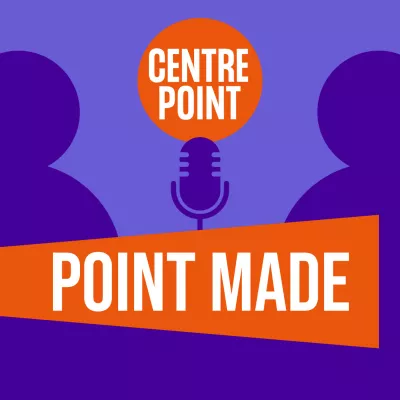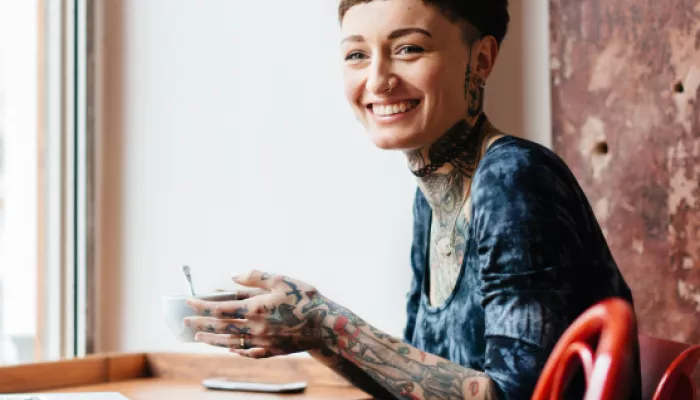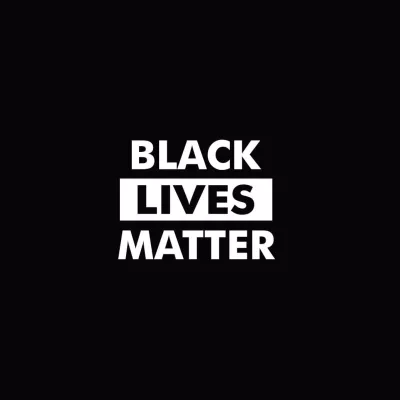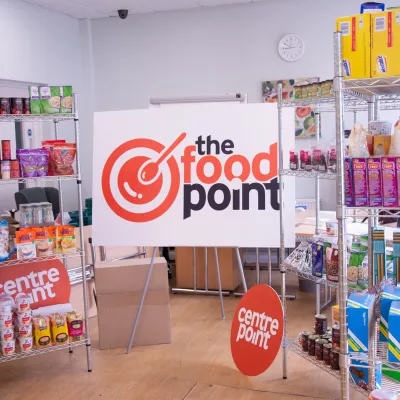
Point Made Podcast - Mental health in an unequal world
Former and current residents discuss mental health in relation to their own lived experience of homelessness.

Our blog is a safe space where we discuss the things that really matter to us: young people, housing, government policy, our campaigns and our research.
It's where we ask the difficult questions, demystify the jargon, discuss the topics that affect young people most and give you a glimpse of our day-to-day as a youth homelessness charity.

Former and current residents discuss mental health in relation to their own lived experience of homelessness.

In July 2020, we put together a mission statement of how we planned to support Black, Asian and ethnic minority (BAME) staff within Centrepoint. We promised to hold ourselves accountable, to look at our processes, and to speak to those at the heart of the matter: our staff. A lot of our work on being anti-racist begins on the inside, at the core. And so, we wanted to share an update on our progress with you, our supporters, to let you know we’re still striving towards our mission. Here’s what we’ve been up to.

Men’s Health Week aims to improve the lives of men and boys, particularly those from disadvantaged backgrounds. This year, as we emerge from the biggest health crisis of the 21st century, the question is: where do we go from here?

Centrepoint has been building a new, psychologically-informed, working environment with staff wellbeing at its heart. Here, Senior Digital and Communications Officer Keir Forde, explains why and how we’re promoting staff wellbeing, and where we’ve got to in our first 12 months.

The ramifications of Covid-19 has made the route to youth homelessness much easier and reaching vulnerable young people far harder. Centrepoint has successfully managed to pivot to virtual support, but we need your help to make sure we continue to help those with complex mental health needs.

The Office for National Statistics states 2.3 million people experienced domestic abuse in the year to March 2020 – and with the current restrictions of coronavirus, this number is likely to soar. So what are the signs of domestic abuse? What should we do if we encounter them? And how can we help young people through such turmoil? Here, we explain everything you need to know.

As more expectant mothers are finding themselves without a roof over their head, the right support has never been more vital. This not only ensures the health and well-being of the mother but of her child as well. We’re here to guide you through your options and the services available to help you through this crucial time.

Want to donate to a food bank, or thinking about using one yourself? Here's everything you need to know about doing this safely during the ongoing pandemic.

Covid-19 has put a strain on all aspects of Centrepoint, but none more so than our health team, who have had to completely modify their way of working with homeless young people, and fast. Here, we detail how they are coping at this tricky time.

Our health team are a fundamental part of the work we do at Centrepoint. So much has changed for them – and the young people they support – since the pandemic hit, and they have been working hard to provide a virtual substitute for their usual face-to-face sessions, including contact over WhatsApp, Skype and phone calls. But adapting is not always straightforward: the days can be long, and young people can easily become overwhelmed with the situation. Here, Centrepoint therapist Monica walks us through what a day looks like for her in the midst of the pandemic.

Nearly a million people have registered for Universal Credit since the pandemic started. Now, many will see the difficulties homeless young people must go through in order to live.

The UK's lockdown has been tough on everyone. But for vulnerable young people who are unable to self-isolate effectively, it could literally be the difference between life and death. Here's what we're doing to protect young homeless people - and what we'd like to see in the weeks to come.